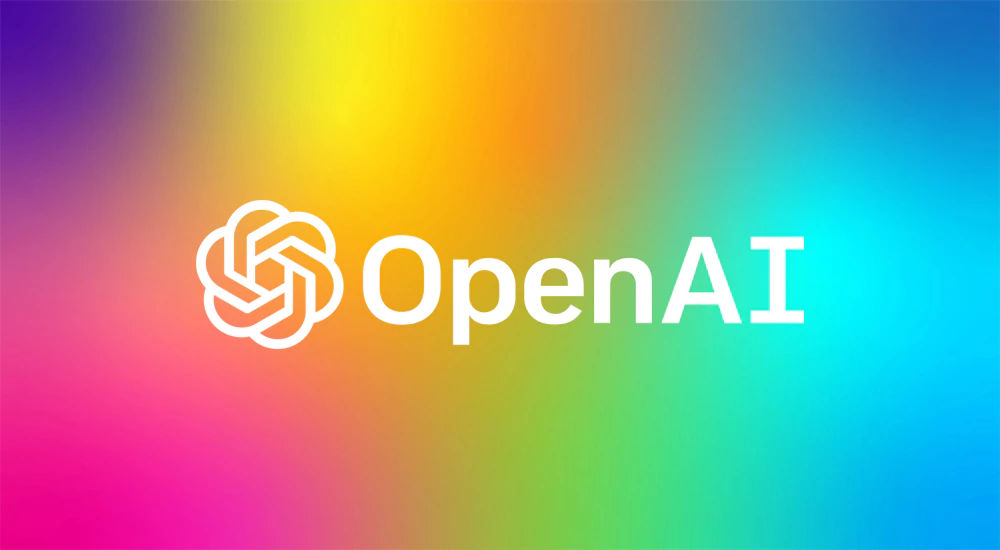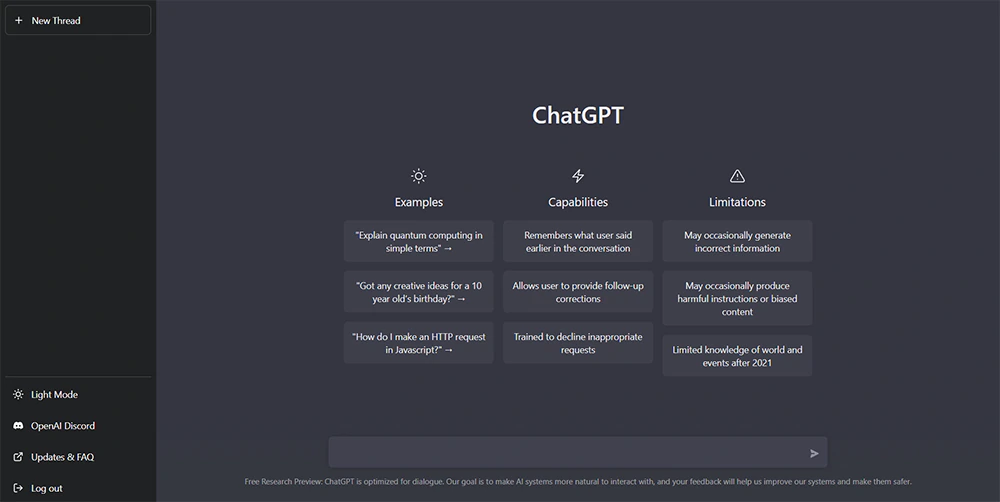AI can do many things when trained properly using the right algorithm, the right way.
And this time, after the release of products like OpenAI's GPT-3 and ChatGPT, human labor that involves humans typing things through the keyboard has been partly diminished.
At least, that is what is happening at
The massively popular tech news outlet has been quietly employing the help of "automation technology" since November of 2022.
At first, this was spotted by some online lookers. After the revelation generated a fuss, CNET finally admitted it in a post on January 12.

This is where CNET decided to conduct an experiment to answer the question.
"In November, our CNET Money editorial team started trying out the tech to see if there's a pragmatic use case for an AI assist on basic explainers around financial services topics like What Is Compound Interest? and How to Cash a Check Without a Bank Account."
In the post, CNET admitted to have published at least 75 AI-generated articles on its website.
The idea here is that, CNET wants to know whether "the tech can help our busy staff of reporters and editors with their job to cover topics from a 360-degree perspective."
CNET wants to know whether AI can efficiently assist its staff and reporters in using publicly available facts to create online content
"Will this enable them to create even more deeply researched stories, analyses, features, testing and advice work we're known for?" CNET asks.
CNET however stressed that it is actually using AI to "assist."
What this means, CNET is not letting the AI loose and let it create whatever article and publish it.
Instead, the staff and reporters at the agency use the AI engine to compile the story draft or to gather some of the information about a story, including from every article on CNET.
After that, humans are still involved in the reviewing and the fact-checking process. Every single post the AI makes has to pass editor's supervision, "before we hit publish."
CNET said that it's its policy to correct any of its story that is an error. So here, if the AI makes mistakes, CNET promises to "publicly correct the story."
"Will we make more changes and try new things as we continue to test, learn and understand the benefits and challenges of AI? Yes," the publisher adds.

AI technologies, like ChatGPT, open new ways of human-computer interaction.
In this case, the technology allows people to create any imaginable text article using simple queries. And the results can be astonishing.
For starters, the OpenAI's AI capable of a wide range of tasks, including writing poetry, technical papers, novels, and essays.
Users can even teach it to learn about new topics.
What's more, it can even write malware.
In this case, CNET has put out around 75 AI-generated articles. That's not a whole lot for a site that big. The argument here is before making the official announcement of the program, CNET was quiet about the whole thing.
While CNET wanted to keep the experiment as lowkey as possible, the content the AI is generating, is optimized for search traffic.
What this means, CNET inadvertently showed that AI-generated content is the future of the program, and that AI-generated content can manipulate people's decision and search engine ranking.

In response to the public's criticisms, CNET said that it still wants to be the unbiases source of news and advise, and for that, it wishes to remain transparent.
To do this, CNET is making the disclosure a bit more prominent.
"So in the past 24 hours, we've changed the byline to CNET Money and moved our disclosure so you won't need to hover over the byline to see it: 'This story was assisted by an AI engine and reviewed, fact-checked and edited by our editorial staff.'"
CNET also notes that it's also showing the who edited its AI-made articles so people would understand who helped shaped and fact-checked the article.
It's worth noting though, that AI-generated articles aren't exactly new. Many publishers have created their articles using AI, like for example, to generate similar articles to prevent plagiarism. Another example, is The Associated Press, which has been using AI since 2015.
The thing is, AP's auto-generated content is meant to fill in the blanks in predetermined formats, whereas CNET uses a much more advanced AI.
But what is certain, AIs like ChatGPT doesn’t have the ability to describe the feelings seen on a player’s face when they win the World Cup, or talk to Ukrainians about how the Russian invasion affected their lives.
While the technology shows a lot of promise, at this time, the question of whether AI is supplanting jobs is yet to be answered.
At this time, CNET said that it is testing AI to write articles "so we can separate the hype from reality."
